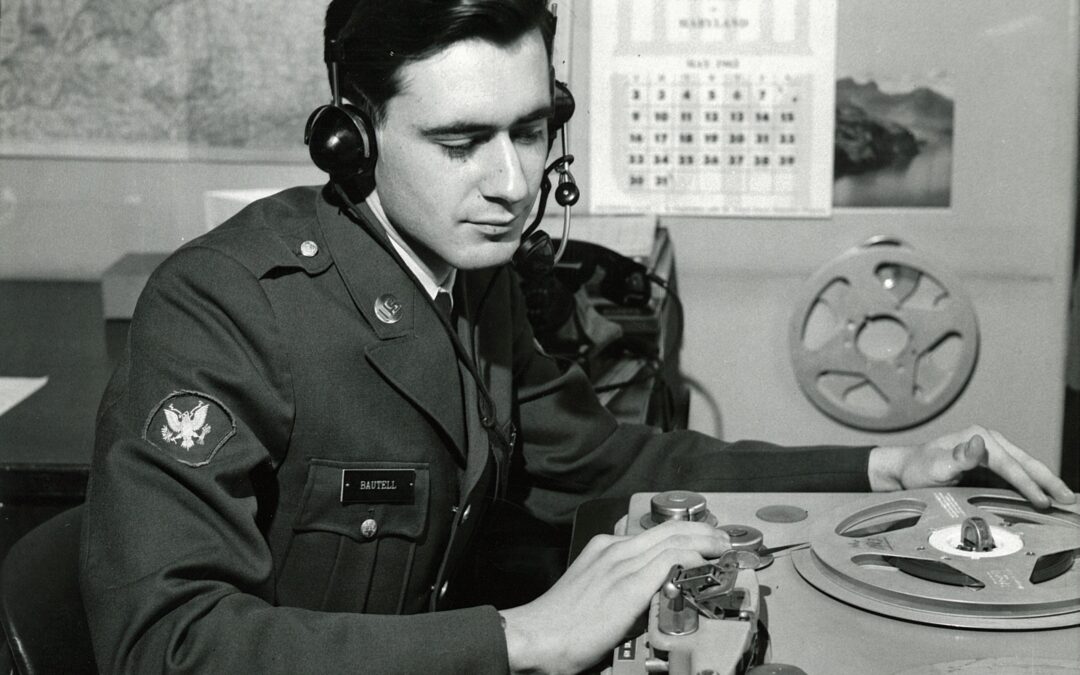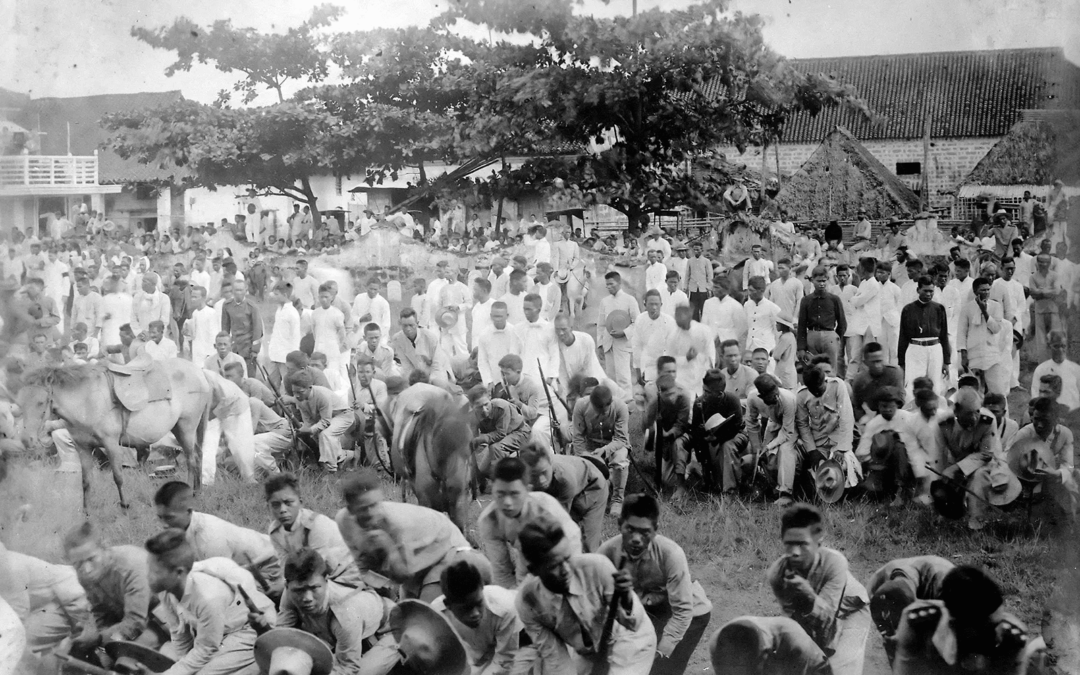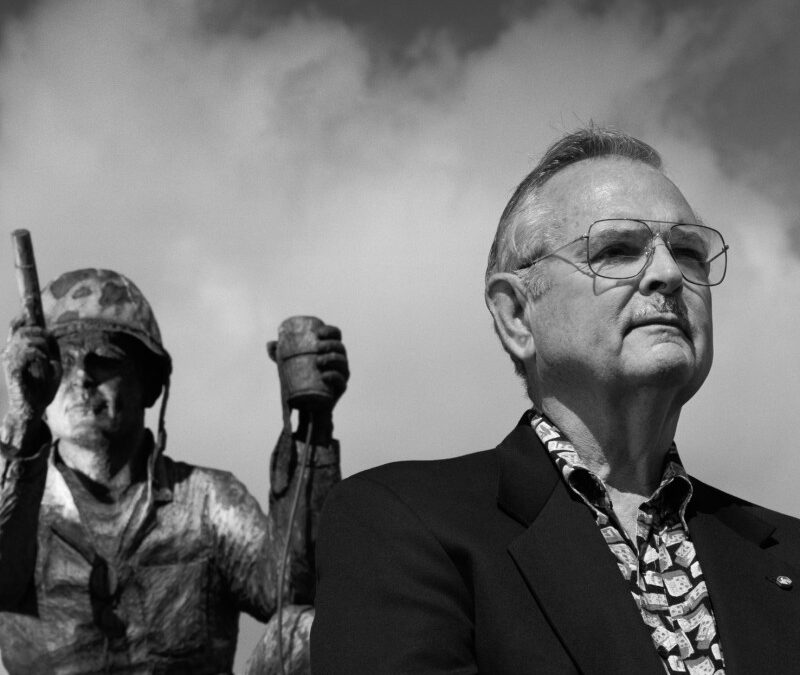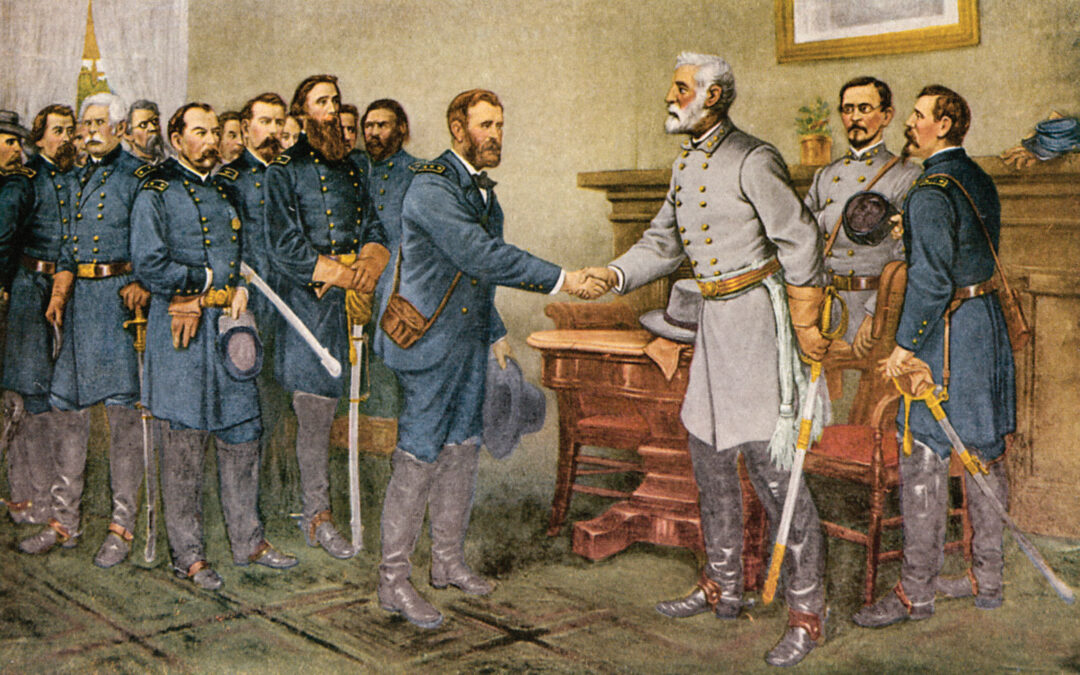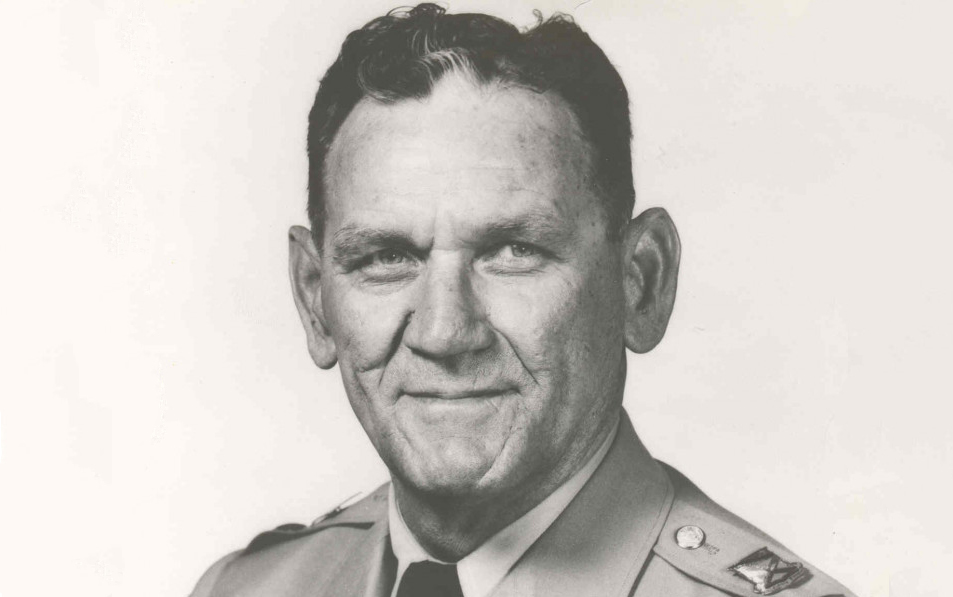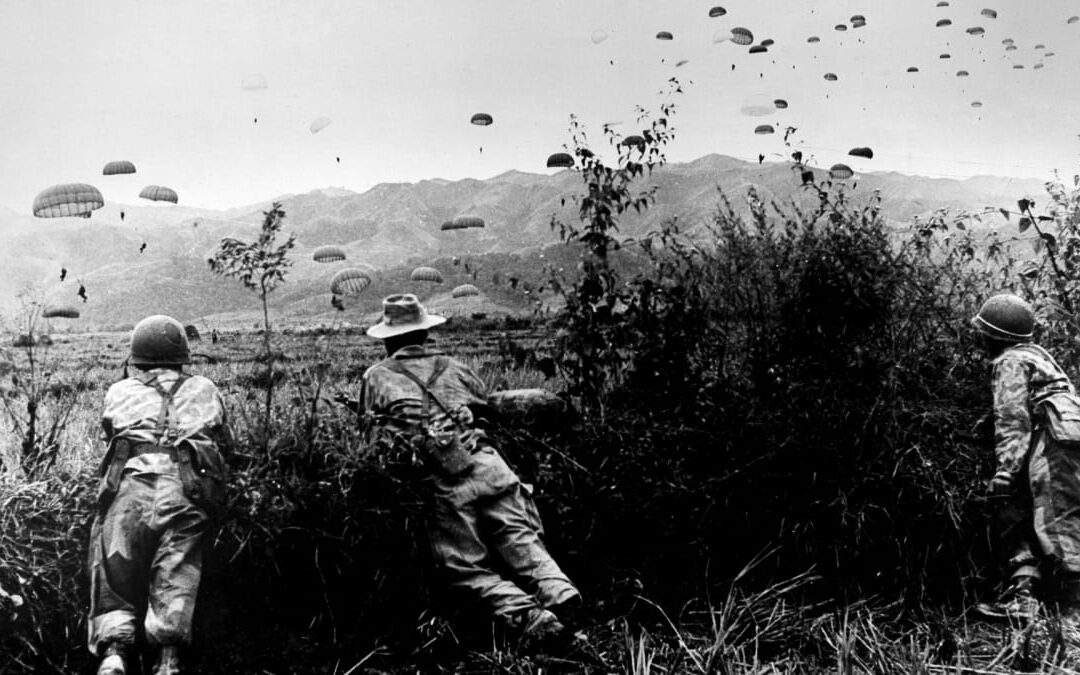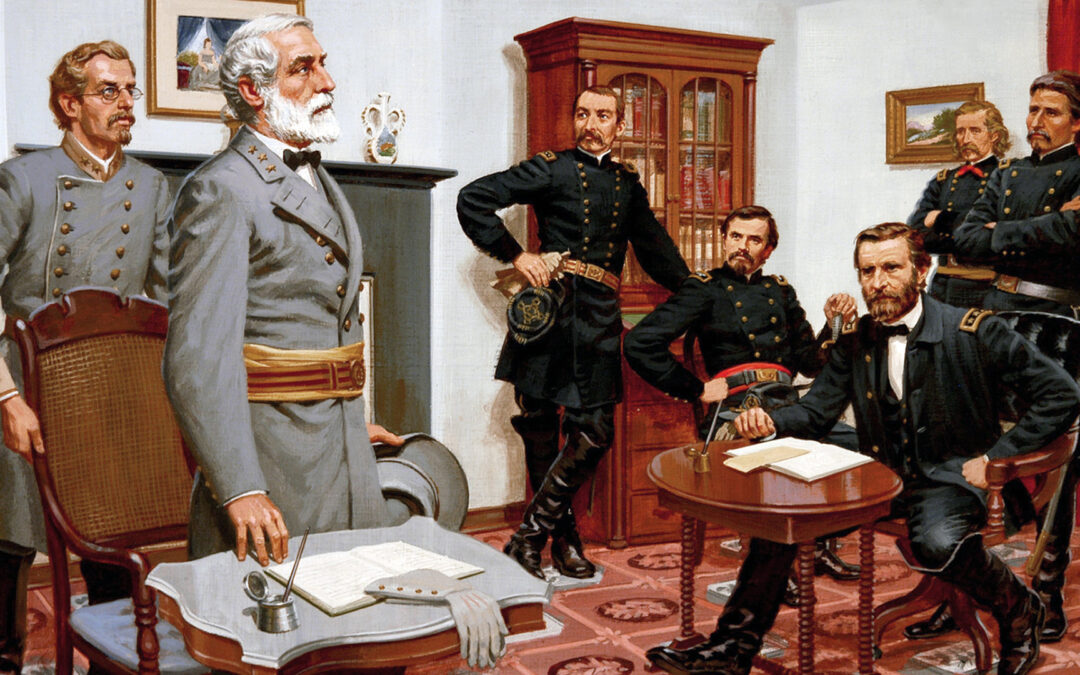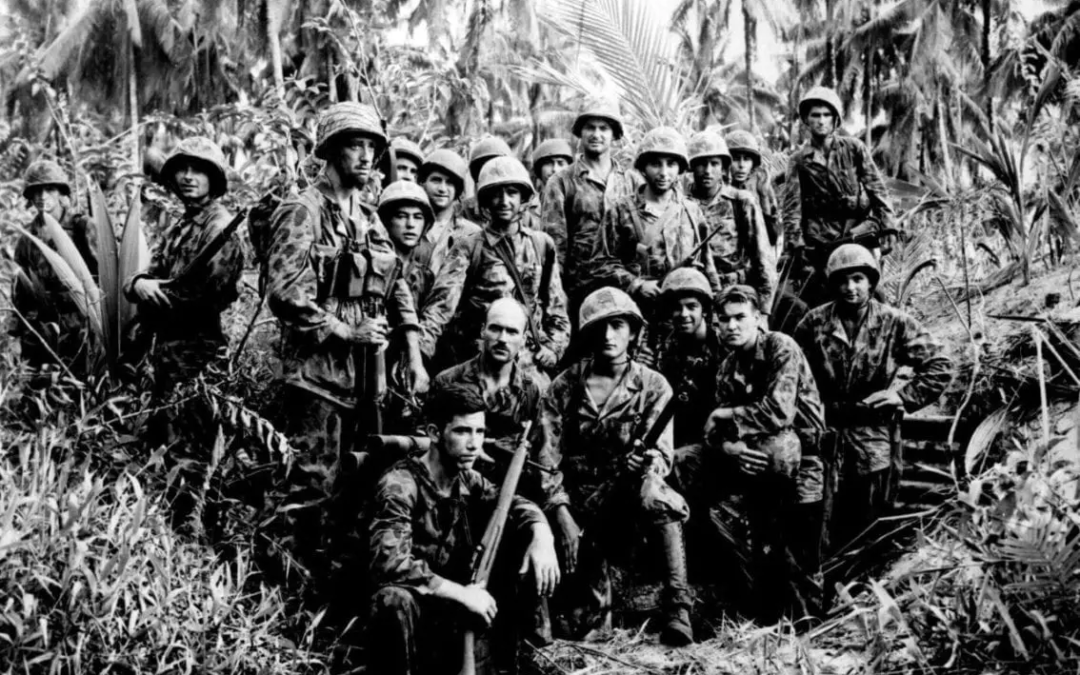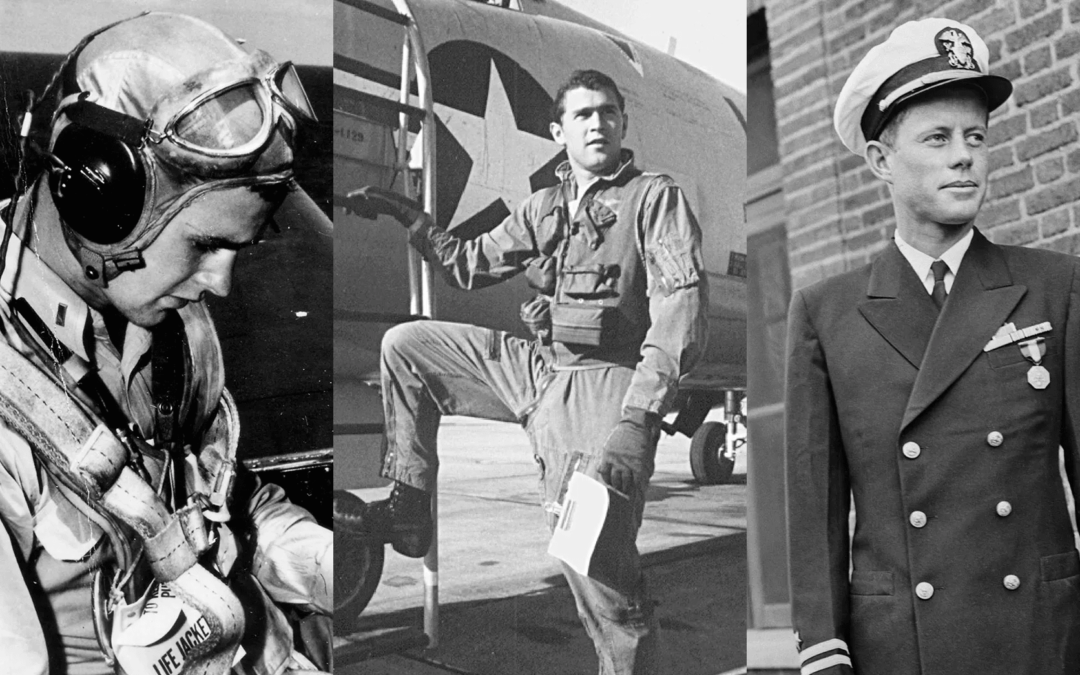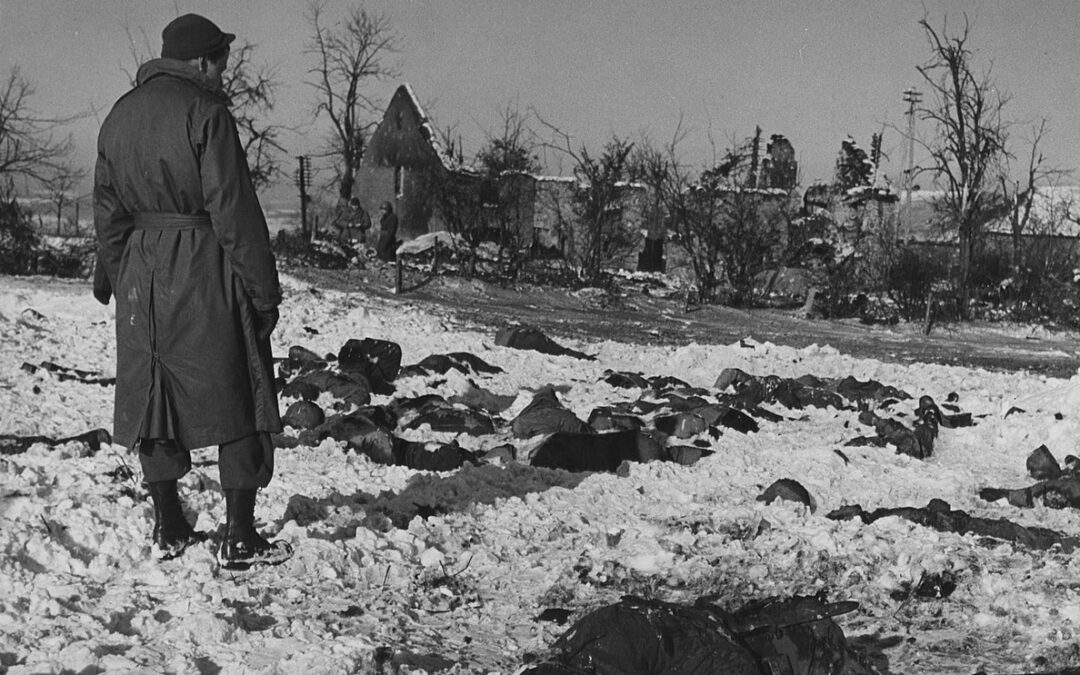In 1984, the first commercially available DynaTAC audio-only cell phone cost just short of $4,000, with each call billed at 45 cents per minute. Forty years later, anyone in uniform accesses audio-visual news from thousands of sources using a personal cell phone throughout the world, wherever a signal and transmission tower can reach. Yet, for eighty years, the most reliable military broadcast remains the Armed Forces Radio and Television Service (AFRTS). AFN Was Founded in 1942 as the Armed Forces Radio Service (AFRS) In 1942 the War Department established the ARMED FORCES RADIO SERVICE (AFRS), followed in 1954 by its first television detachment at Limestone AFB, Maine. American Forces Network global operations are now headquartered at Fort Meade, MD, and emanate from AFN BROADCAST/DEFENSE MEDIA CENTER in Riverside, CA. The modern network was founded in London and later moved to France. Always tying us together has been news from home whether we are assigned to a Tender at sea or an...
